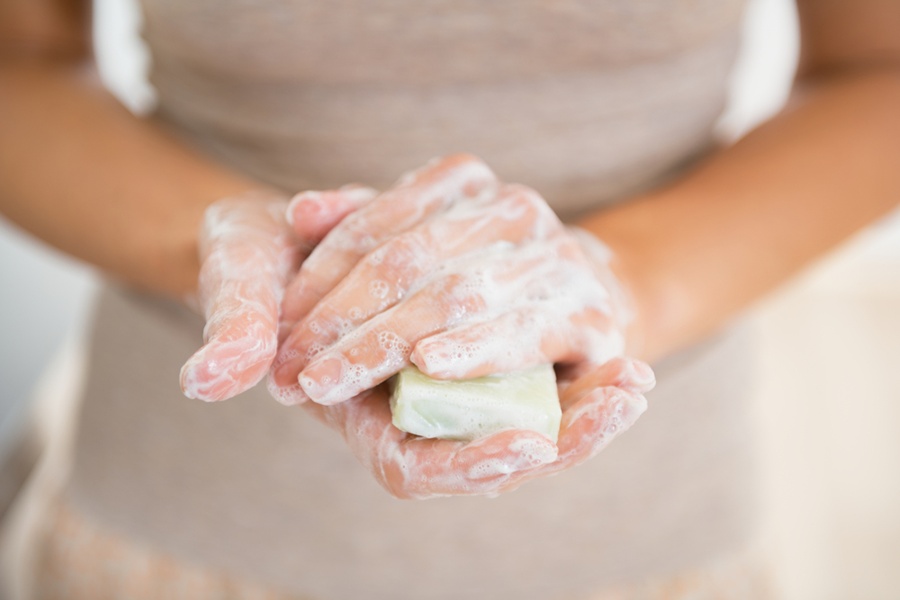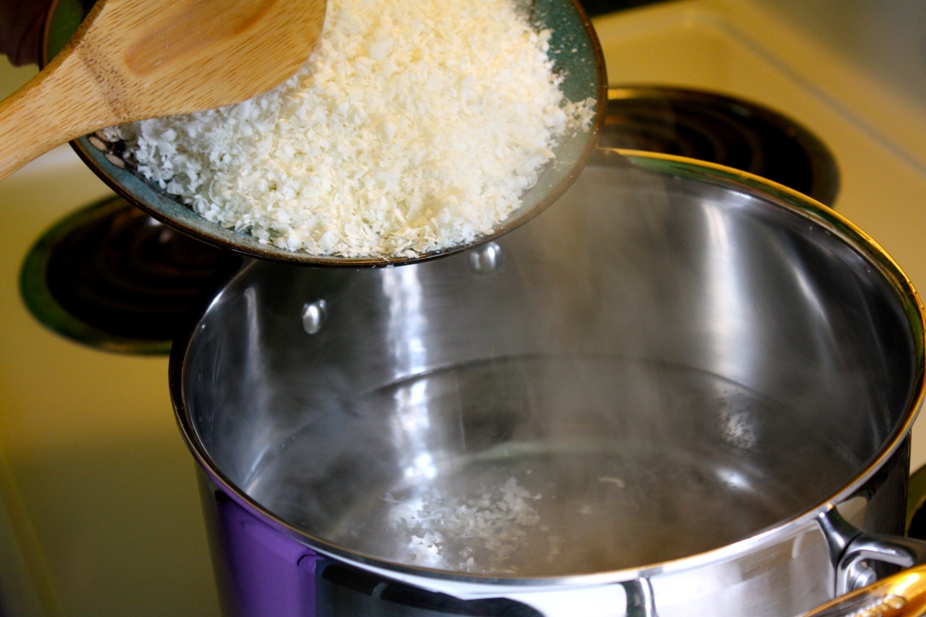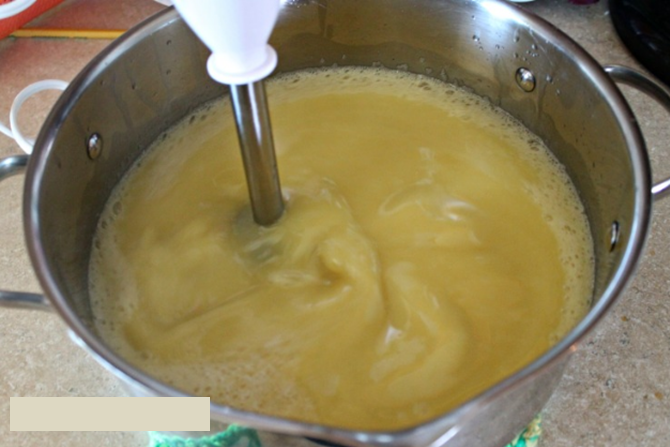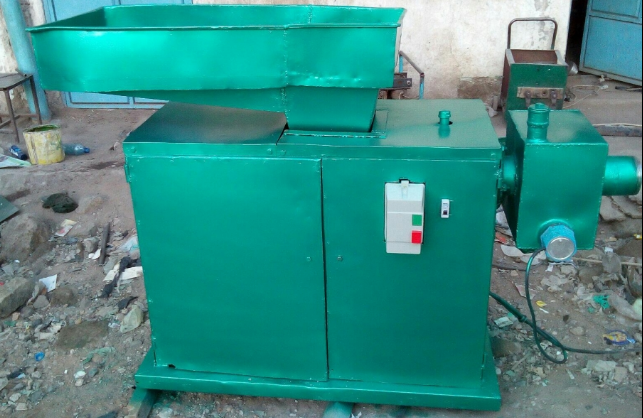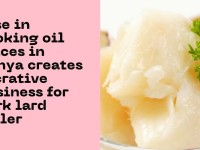Making bar soap is an interesting art that can turn into a well-paying business idea or at least a side-hustle for those seeking to make a little extra money. Homemade bar soaps, especially those that use organic ingredients, innovative recipes or beautiful designs are a hit with many customers since they are an inexpensive luxury and often a popular gift-giving idea. To succeed at this business, you will need to develop quality soaps, control your pricing and target the right customers. Here we’ve simplified everything for you.
Find the Ingredients
For starters you will not need any fancy ingredients or equipment. You will require some clean water, oil, caustic soda (lye or sodium hydroxide). You can use a glass mixing jug, plastic bowl, simple thermometer, weighing scale, ordinary spoons and so forth as your equipment. Glad to say, all these ingredients and equipment are readily available locally and you don’t need a lot of money to buy them.
Clean water – available at home
Oil – You can use cooking oil or buy palm oil in bulk for mass production. Bulk palm oil costs Ksh85/Kg and Coconut Oil Ksh180/Liter in Kenya.
Caustic Soda – Goes for Ksh100 per kilogram and can be found in most towns around Kenya. Here in Nairobi you can buy some at Kariobangi Light Industries, Tata Chemicals or Chem Care which is located near OTC.
Learn How To Make Soap
Now that you have all the basic ingredients and equipment necessary, the next step is to make something out of it. First you will need to measure some 500 Grams water on your weighing scale and also weigh some 200 Grams caustic soda separately. Then put the water first in your glass jar followed by the caustic soda as you stir gently. Leave the mixture to settle for a few minutes.
Now measure some 750 grams of oil in a separate container (preferably a large bowl). Use a thermometer to check the temperature level of the caustic + water mixture and compare this with the temperature of your oil.
If the oil’s temperature is lower, then you will need to warm it a little bit until it matches the level of caustic + water mixture.
Add caustic water to the oil bowl gently to prevent splashing while stirring lightly. Keep stirring until the mixture turns thick whitish.
Pour this whitish mixture into a container so as to mold your soap into the desired shape. If you want a round soap put in a round container. If you want box shape, use boxed container. Cover this container and wrap it inside a warm blanket or towel…leave for 24 hours.
In just 24 hours you will have your fresh bar of soap…but that will not be ready for use yet. You will need to give it the next 4 weeks to cure after which it’ll be ready for use. Simple, right? Read Some Creative Soap Recipes Here.
What You Need To Know
Using this manual formula you will be able to produce more than 2 Kgs of fresh bar soap equivalent to 3 large bars of soap each weighing 700 grams. The manual process is however only suited for small scale production. If you want to go fully commercial and even compete with the big boys then you will need to invest in a plodder.
A plodder is a machine that does the whole job in a cost efficient way and produces about 100 Kilograms of soap per hour. Some suppliers of soap making machines here in Kenya include:
*Nyaweco Engineering Works Limited (Located in Kariobangi, Off Outering Road, Nairobi)
*We also found some suppliers on local classified ads website like OLX.
*Another alternative is to import from China or other countries (How To Import From China)
A good soap making machine will cost you approximately Ksh200,000.
How Much To Invest
You can start a small manual firm with as little as Ksh5,000 or you can go in full throttle with a commercial machine with Ksh500,000 as minimum starting capital.
How Much To Expect
Soap has a profitability ratio of 2:1 meaning for every 2 shillings invested in production you will get 1 shilling profit.
Final Word
We all need soap. Whether in the rural areas, towns, prisons, schools, hospitals – every person needs some soap in one way or another. So you can try out this idea and see how far it will take you and even venture into the manufacturer of flavoured soap, bathing soap and so forth. And with large swathes of the market in Northern Kenya, Juba and rural Kenya highly unexploited, you can start small today and aim for the sky.
What do you think about this idea?

